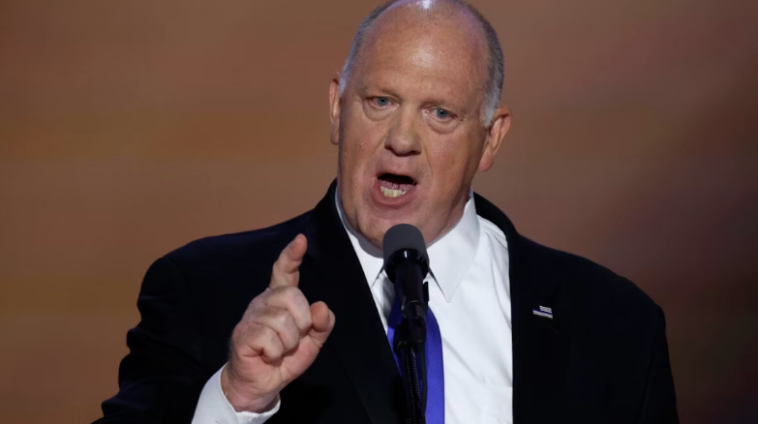Tom Homan, President-elect Donald Trump’s designated Border Czar, has indicated that Immigration and Customs Enforcement (ICE) may adjust its operational plans following a leak detailing a forthcoming mass deportation initiative in Chicago.
Operational Security Concerns
The leaked information revealed ICE’s intention to target over 300 individuals with violent criminal records in Chicago, commencing operations on Tuesday. Homan expressed concern over the leak, stating, “We’re looking at this leak and will make a decision based on this leak. It’s unfortunate because anyone leaking law enforcement operations puts officers at great risk.”
Nationwide Enforcement Plans
Despite the focus on Chicago, Homan emphasized that the deportation operations are part of a broader national strategy. In an interview with Fox News’ Jesse Watters, he stated, “There’s going to be a big raid all across the country… Chicago is just one of many places.” He further added that ICE agents would be empowered to perform their duties without prior restrictions, highlighting a shift from previous policies.
Policy Shift from Previous Administration
Under the prior administration, ICE agents were directed to prioritize individuals convicted of serious crimes or those posing national security threats. Homan criticized this approach, noting that it limited ICE’s ability to enforce immigration laws effectively. He asserted that the new administration would remove such constraints, allowing agents to apprehend any individual residing in the country illegally.
Local Government Stance
In response to the planned operations, local officials in sanctuary cities like Chicago have reiterated their commitment to protecting immigrant communities. Chicago’s City Council recently rejected a measure that would have allowed police cooperation with federal immigration enforcement in specific cases, maintaining its stance as a sanctuary city.
Community Impact
The anticipation of these operations has led to increased anxiety within immigrant communities. Advocacy groups are mobilizing to inform residents of their legal rights and provide resources to those who may be affected. The potential for large-scale deportations has also raised concerns among local leaders about the broader social and economic impacts on the city.
Conclusion
As the new administration prepares to take office, the approach to immigration enforcement is poised for significant changes. The situation in Chicago serves as a microcosm of the broader national debate on immigration policy, federal authority, and local governance. The coming weeks will reveal how these plans unfold and the responses they elicit from various stakeholders across the country.

